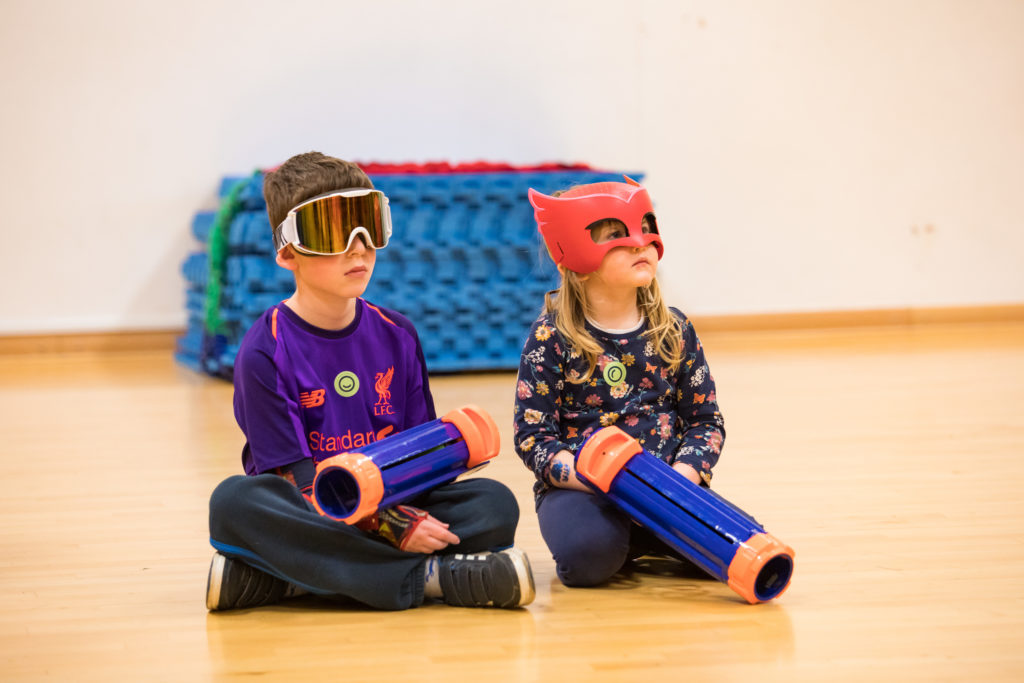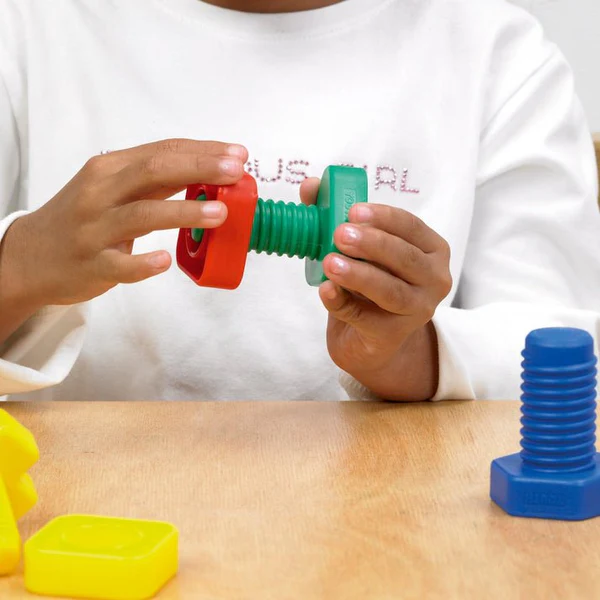Behaviour that challenges
3 mins read
This advice applies across the UK.
Many young children have emotional outbursts. Behaviour can become challenging when it happens often or it is harmful to the child, the parent or other people.
In this article
Tips to manage your child’s behaviour
Many young children have emotional outbursts. Behaviour can become challenging when it happens often or it is harmful to the child, the parent or other people.
All children are different so there isn’t one answer. Some of the tips below might help you find a solution that works for your child.
- Carry out tasks in the same way, or at the same time, every day. This helps children become familiar with what is expected of them.
- Keep a diary of things that trigger or lead to bad behaviour. Include how your child responds or behaves and what happens next as a result. This will help to remove the triggers or see where strategies aren’t working.
- Help your child develop ways to communicate their emotions. This might include using simple language, objects, picture cues or sign.
- Give your child plenty of opportunities to play and exercise. Research shows that physical activity relieves stress and eases frustrations.
- State what you’d like your child to do, rather than telling them what not to do. Make yourself less threatening, for example by sitting down.
- Initially things may get worse before they get better. It may take your child time to learn a different response. Be patient and persevere.
- Look after yourself. Take your own needs for relaxation seriously, because this can help you stay calm and recharge.
Getting help from others
- Tell people what strategies you’re using to manage difficult behaviour. This way, anyone supporting your child can use the same approach.
- Asking for help is not a sign of failure. It is a way forward to support your child, increase your knowledge and feel in control.
- Rule out any medical or dental problems. Your child may be in pain but not have any other way of telling you.
- It can help to talk through things with someone else; this could be a friend, another parent or a professional.
- Find out about attending a parent support group to meet other families with disabled children who live close to you.
- If you are in a support group, how about hosting one of our information sessions focussing on behaviour that challenges?
Who can help?
Does your child’s behaviour seriously impact on family life and his or her ability to learn?
Challenging behaviour can be the result of certain medical conditions. Difficult behaviour can sometimes be resolved using simple strategies. You should not feel embarrassed asking for help.
A doctor, health visitor or your child’s school might refer you to:
- Specialist parent classes to help you find strategies to manage your child’s behaviour, run for parents who have disabled children.
- An educational psychologist or clinical psychologist for help with managing the problem.
- A paediatrician or psychiatrist for assessment and advice on how best to manage your child’s behaviour.
Related information
Parent guide: Understanding your child’s behaviour
Download now
Listening Ear
Our 1-1 telephone appointments for parent carers looking for emotional support.
Read more
Coping with stress
Stress is the feeling of being under too much mental or emotional pressure. It's when we think a task is too big…
Read more
Learning products at Fledglings
Visit our partner shop for learning resources and sensory equipment.